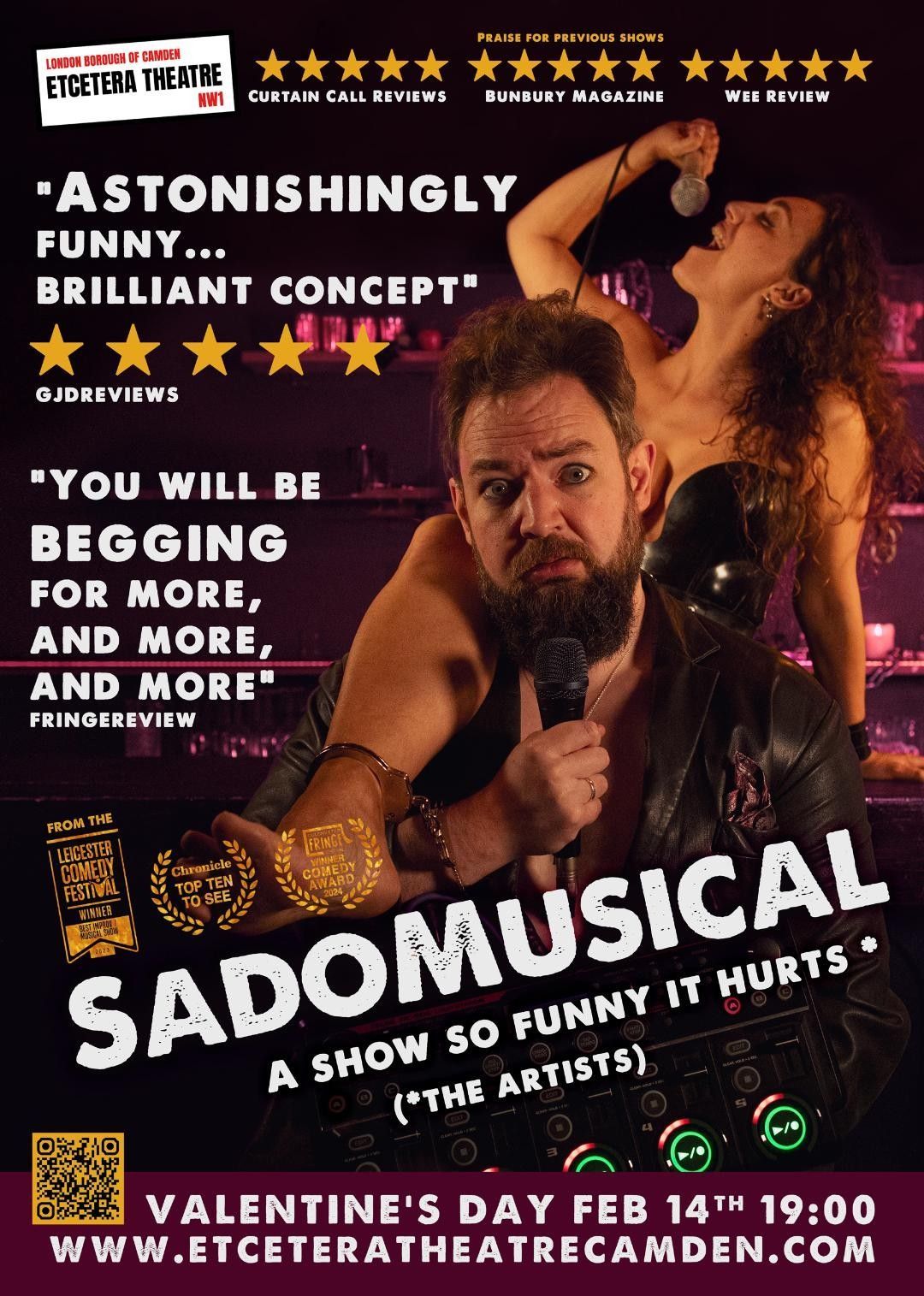
Life as a performer can be thrilling and dynamic, however, the downside of this is that the career choice is somewhat unstable. From curtain calls to career gaps, the journey is filled with highs and lows – and it’s common to experience downtime between jobs.
Whilst this uncertainty may be unsettling, when leveraged correctly, moments between gigs and contracts can become valuable opportunities for growth. By learning to embrace them as an inevitable part of the process and by sticking to the following tips, you’ll remain competitive, relevant and fulfilled during gaps in your CV, turning time off into time well spent on your career.
Tip 1: Break a leg – not your routine
The importance of physical fitness cannot be overemphasised for performers. Our bodies are essentially our instruments, so it’s vital that we keep them well conditioned, rather than letting them gather dust.
According to the Society of London Theatre (SOLT), approximately 75% of performers agree that regular fitness routines are vital to meeting the growing demands of their roles. Not only do we have to be on our feet for hours when performing, but we have to sing, dance and repeat without showing signs of fatigue, as well. This intensity makes fitness vital to maintaining readiness for your next opportunity, whether it’s strength training, dance practice or vocal exercises. Staying in peak condition ensures you’re ready to jump back on stage without missing a beat.
In addition to keeping yourself performance ready, staying active through activities like Pilates, weight training and yoga likewise serves to protect your mental health. Time between performances is often laden with stress and exercise helps to maintain a focussed mind, allowing you to remain positive and spring into auditions with greater confidence when the time arrives.
Sharpening the mind
Performance breaks are, of course, the perfect time for sharpening the mind as well as the body. Investing in professional development – whether it’s refining your acting technique, taking voice lessons or learning a new style of dance – can help you to stay relevant and open up opportunities in new areas of your craft.
Education doesn’t have to be strictly performance related, however. Delving into adjacent fields, such as stage management, events management and production can open unexpected doors by offering fresh perspective. Even if you don’t use these skills directly in your future career, they’ll make you a better performer. For instance, learning to read scripts with a director’s eye will deepen your understanding of directions, for example, whilst knowledge of the logistics behind a production enhances your broader appreciation of the craft, expanding the repertoire of roles you can perform.
Keep performing
It’s no secret that full-time stage work can be elusive, even for the most recognised and accomplished performers. But it’s nevertheless important to keep moving and performing. Many of us seek out consistent, rewarding opportunities in seasonal, short-term roles to fill the gaps.
Cruise lines, holiday resorts and corporate entertainment venues regularly scout for performers, particularly if they can demonstrate versatility. Event hosting, pantomime and interactive opportunities may not be West End debuts, but they keep your performance muscles flexed, whilst building CV experience that will help at your next audition or theatre performance.
When applying for these roles, it’s a good idea to think outside the box in terms of skills and training, too. First aid is a great skill to have when applying for work on cruise ships, for example, adding to your employability for seasonal roles. Remember, these opportunities are also a valuable chance to network with other creatives and maximise your stage time, ensuring your skills don’t become rusty as you keep pace with an industry that’s consistently evolving.
Staying relevant
As an industry, performing arts is not just about what you know, but about who you know, too, making networking a crucial part of how you stay visible. In a digital world, this means maintaining an active online presence, using platforms like TikTok, Instagram and LinkedIn to showcase your talent to the world. These are unprecedented opportunities to connect with other industry professionals, get noticed by hiring teams and keep you top of mind for casting directors.
Consider posting videos of skills you’re working on and your views on current shows or issues, as well as footage of past performances or rehearsals – if you have permission. Carving your own niche helps to stand out – and you mustn’t shy away from engagement with fellow performers, producers and directors, as these online communities are often full of casting calls, opportunities and insights that will drive your career forward. Staying active in these spaces is essentially a signal that you’re still in the game, even between official jobs.
Networking events, workshops and in-person courses can likewise help you build valuable relationships that could lead the way to future roles. You just need to make sure you’re nurturing genuine connections in the community, remaining authentic rather than being overly transactional. You never know when a friendly comment or chat could lead to a new role.
Embrace the pause
The most important piece of advice, however, is to accept career breaks as a natural part of the performance career journey. We all face moments of uncertainty – it would be weird if we didn’t. But it’s how you use these moments that sets you apart. Viewing these gaps, not as setbacks but as opportunities for personal growth and development will ultimately keep you resilient, relevant and optimistic – and provided you’re taking steps to stay fit, broaden your skillset and remain connected – you’ll keep moving forward.
Terence Rodia, Director of YOU Management
Terence enjoyed a highly successful musical theatre career spanning over 10 years, before launching You Management talent agency in 2012






